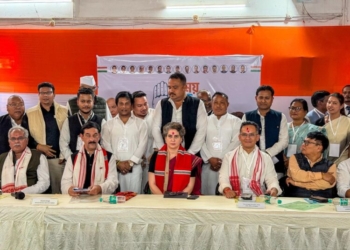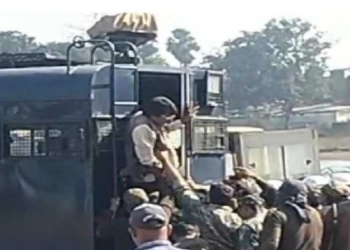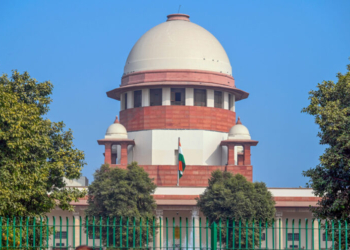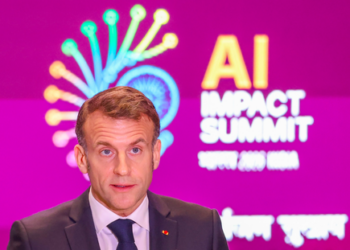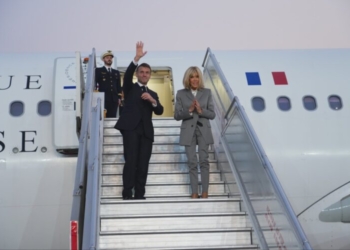New Delhi: The Supreme Court on Tuesday agreed to hear on July 24 the Maharashtra government’s plea challenging the Bombay High Court decision to acquit 12 accused in the 2006 Mumbai train blasts case.
A bench headed by Chief Justice of India (CJI) B.R. Gavai agreed to urgently list the matter for hearing on Thursday, after Solicitor General (SG) Tushar Mehta mentioned it.
Seeking an urgent hearing on the state government’s special leave petition (SLP), SG Mehta said that it was a “serious matter” requiring the top court’s consideration on “some important issues”.
In a major ruling delivered on Monday, the Bombay High Court acquitted 12 accused, of whom five were on death sentence and seven others on life imprisonment, in the July 11, 2006, Mumbai blast case.
Directing their immediate release from jail, the acquittal order passed by a bench of Justices Anil Kilor and S. Chandak came as a major blow to the investigation agencies.
The Justice Kilor-led Bench castigated the shoddy probe prosecution, opining that the prosecution failed to even establish the type of bombs used in the crime.
The 12 accused — incarcerated for 19 years — succeeded in establishing before the Bombay High Court the fact of torture inflicted on them to extort confessional statements.
As a result, it held the statements inadmissible, saying, “On all the tests relating to voluntariness and truthfulness of the confessional statements, the prosecution failed.”
Chief Minister Devendra Fadnavis termed the Bombay High Court verdict as “shocking”, saying that the Maharashtra government will move the Supreme Court against it.
On July 11, 2006, seven bomb serial blasts in packed Mumbai local trains brought the maximum city to its knees within 11 minutes.
The terror attack left 189 dead and over 800 injured.
Earlier in 2015, a special court convicted 12 individuals in the case, sentencing five — Faisal Shaikh, Asif Khan, Kamal Ansari, Ehtesham Siddiqui, and Naveed Khan — to death, while the remaining seven were given life imprisonment.
The prosecution had argued that the attack was planned by Pakistan’s intelligence agency, ISI, and carried out by operatives of Pakistan-based militant group Lashkar-e-Taiba with help from the Students’ Islamic Movement of India, a banned Indian group.
(IANS)






